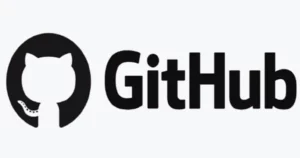
2024: A Pivotal Year For Web3 Criminal Activity
The year 2024 has marked a significant turning point in the realm of Web3 criminal activity. According to Cyvers’ recent findings, the Web3 ecosystem witnessed a staggering $6 billion lost to hacks and fraud, representing a disturbing 40% increase from the previous year.
Access control breaches emerged as the most prevalent attack vector, accounting for an alarming 81% of total losses. These incidents have starkly highlighted the glaring weaknesses in custodial wallet security, underscoring the imperative need for advanced access management protocols to safeguard Web3 infrastructure.
Moreover, fraudulent activities accounted for over $4 billion in losses, with Ethereum being a prime target. Pig butchering scams, which rely on calculated social engineering tactics to manipulate victims over extended periods, were among the most prevalent schemes.
The year also saw several high-profile attacks, including:
* A $235 million hack of WazirX, exposing flaws in custodial key management.
* A $305 million breach of DMMBitcoin caused by private key compromises.
* A $68 million address poisoning scam, the largest of its kind, exploiting user errors in transaction verification.
The numbers are unequivocal: 2024 has been a critical year for criminal activity in Web3. As the Cyvers’ report indicates, there was an unprecedented surge in exploits compared to the previous year.
In light of these findings, it is essential that the industry acknowledges the gravity of the situation and takes proactive measures to counter increasingly sophisticated threats. This includes emerging dangers such as CeFi vulnerabilities, AI-driven breaches, and quantum-enabled attacks.
Furthermore, social engineering scams like pig butchering are evolving, necessitating stronger user education and multi-layered defenses. Proactive measures like pre-transaction validation, real-time monitoring, and dynamic risk assessment can no longer be optional but essential for mitigating risks and ensuring the long-term safety of Web3 ecosystems.
It is crucial that the industry prioritizes robust security measures to protect against these threats, as any delay in addressing these vulnerabilities could have devastating consequences.
Source: nulltx.com


